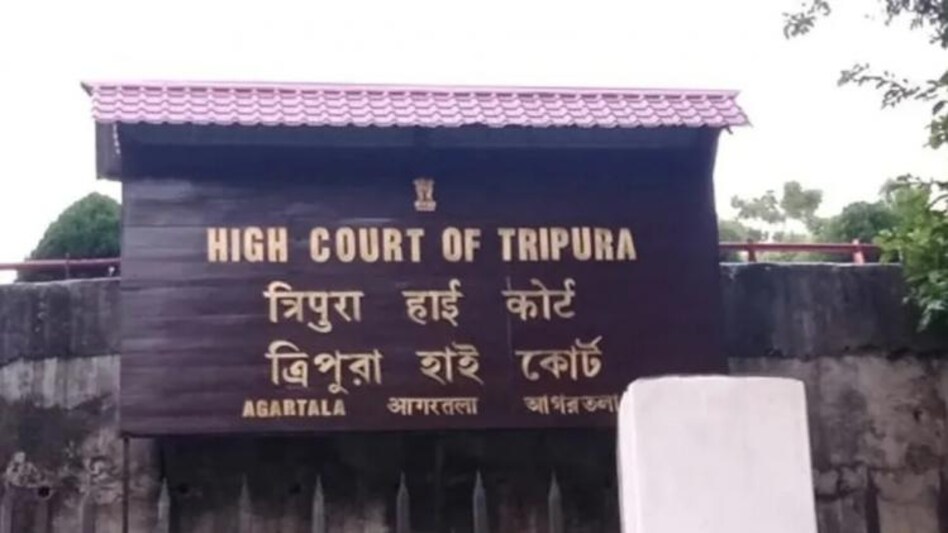Shamsher Bahadur, J.@mdashThis rule is directed against the judgment of the learned Sessions Judge, Barnala, who affirmed the order of the Chief Judicial Magistrate declining to accede to the request of the accused for re-examination by the Chemical Examiner of a representative sample of the opium said to have been recovered from his possession.
2. The facts which have been very carefully summarised by the learned Sessions Judge are these. The petitioner Karnail Singh is being prosecuted u/s 9 of the Opium Act for having been found in possession of 500 grams of illicit opium. It is common ground that the Chemical Examiner has already submitted his report about a portion of the opium sent to him for examination. When the case was ripe for arguments on 15th of February, 1966, the petitioner made an application that the "remaining bulk of opium be sent to the Chemical Examiner for ascertaining if the same was opium or not". This application was dismissed by Mr. Gaur, Chief Judicial Magistrate, on 15th February, 1966, for the simple reason that there was no provision in law to justify the prayer which was made by the accused. Before the learned Sessions Judge, it was argued that the petitioner was entitled to re-examination by the Chemical Examiner on account of the presumption which has to be raised u/s 10 of the Opium Act. This section says-
In prosecutions u/s 9, it shall be presumed, until the contrary is proved, that all opium for which the accused person is unable to account satisfactorily is opium in respect of which he has committed an offence under this Act.
Now, the opium which is said to have been found in possession and the petitioner is the subject-matter of prosecution and it shall be presumed to be opium unless he is able to account satisfactorily that what was recovered from him was not opium. A representative sample was sent to the Chemical Examiner and his report is before the Court. How can it be argued that the remaining bulk ought to be examined by the Chemical Examiner before the accused is in a position to rebut the presumption mentioned in section 10 ? If the contention of the petitioner were to be accepted, every particle of the recovered article will have to be subjected to chemical examination a proposition which the learned counsel himself does not support. The learned Sessions Judge relied on a recent Calcutta judgment of
3. In this view of the matter, there is no force in this petition which fails and is dismissed.
Petition dismissed.

